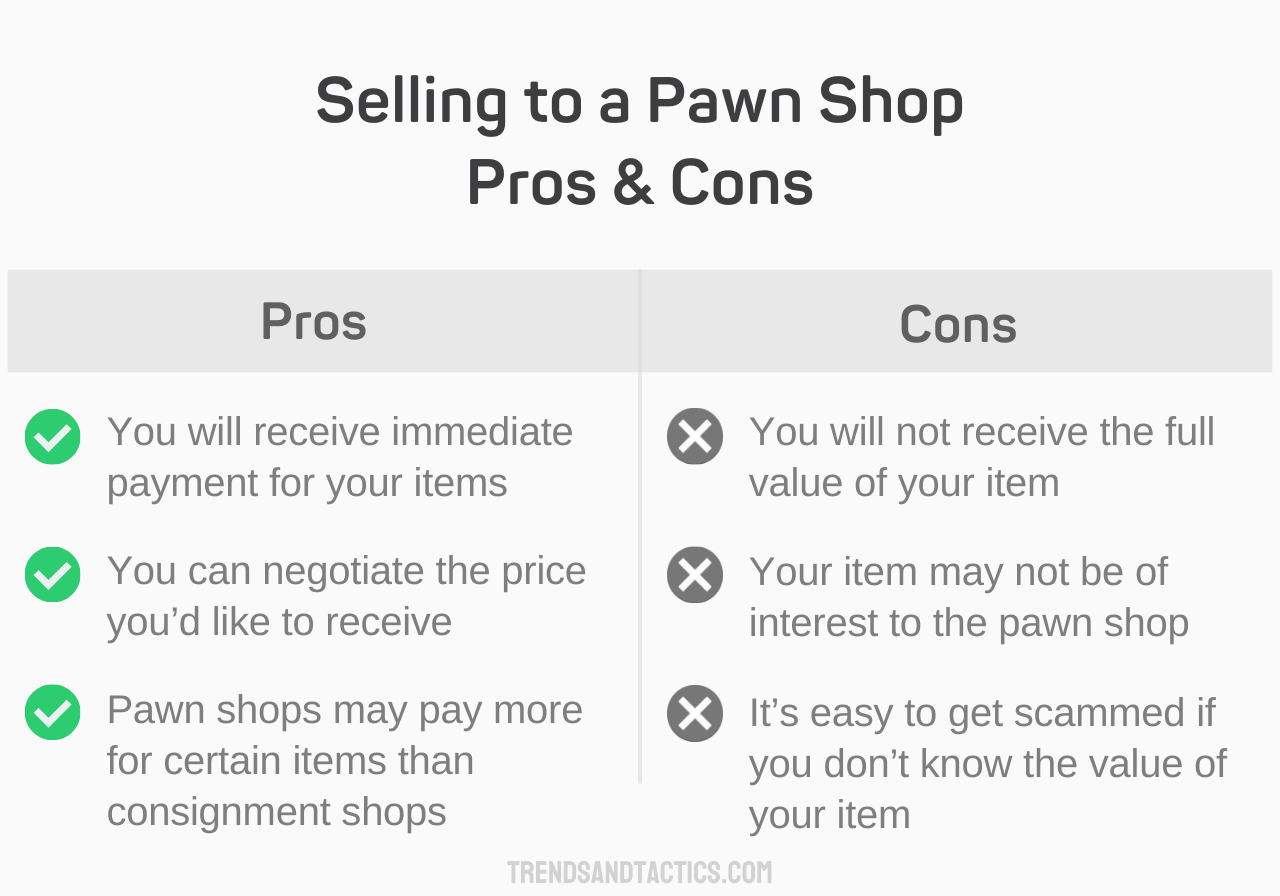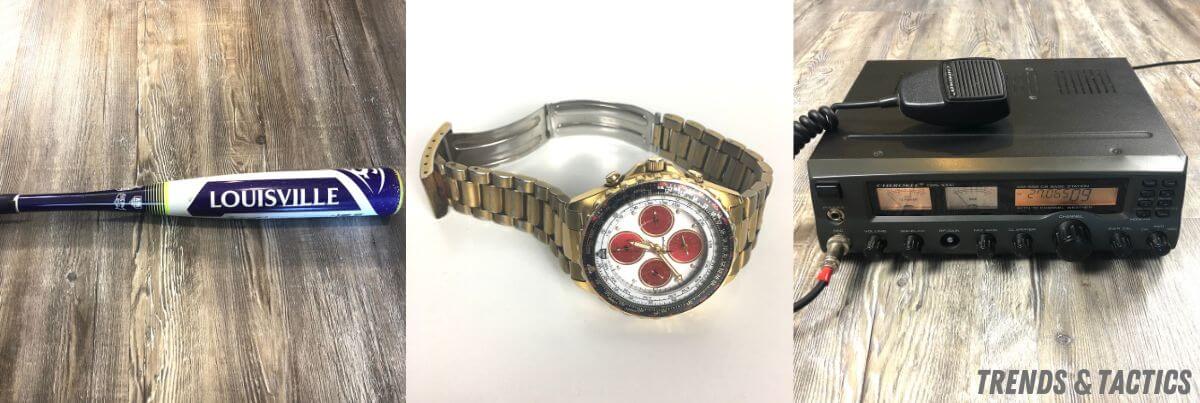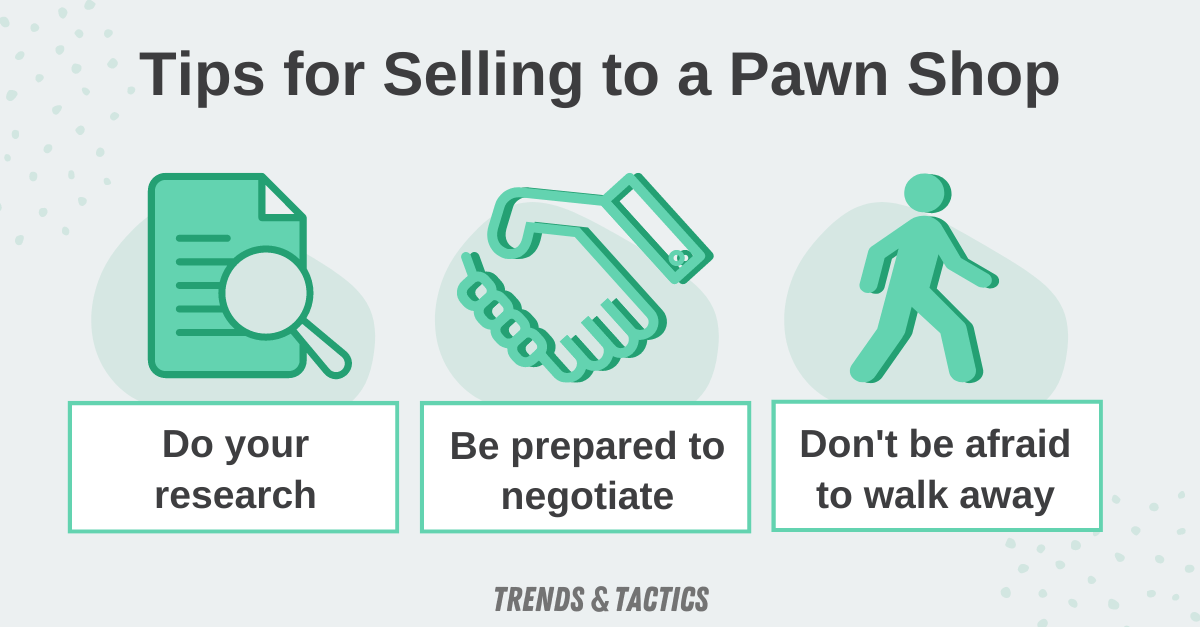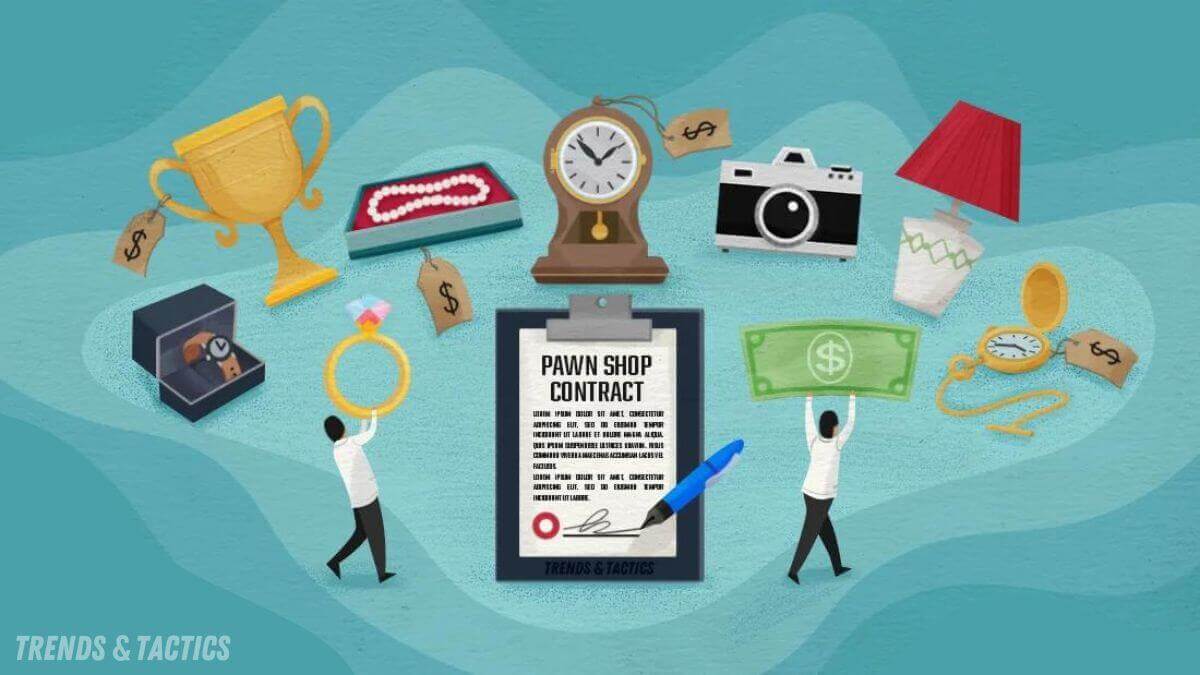There are a lot of misconceptions about pawn shops. Some people think that pawning is only for people who are desperate or have no other options.
But the truth is, pawning can be a smart financial move for anyone.
So how does pawning work and most importantly – what is pawning, exactly? And is it right for you? In this post, we’ll tell you everything you need to know.
What is pawning?
Pawning is a way of using an item of value as collateral to secure a loan. The borrower gives the item to the lender, who then holds onto it until the loan is repaid.
Once the loan is repaid, the borrower can reclaim their property.
Pawning is a popular form of borrowing because it is quick and easy to obtain, and it does not require a credit check.

However, interest rates on pawn loans are typically high, and failure to repay the loan can result in the loss of the collateral.
Pawn shops are a popular choice for those in need of quick cash. However, it is important to note that pawning should only be considered as a last resort, as it can often lead to further financial difficulties down the road.
Follow these tips on how to sell to pawn shops to guide you in the right direction. When used responsibly, pawning can be a helpful way to get through a tough spot.
Trend on the Rise
In recent years, there has been a trend towards more luxury items being pawned, as people have increasingly used pawn shops as a source of quick cash. However, with job losses and financial insecurity on the rise, 2022 is likely to see a return to more traditional items such as electronics and jewelry.
How do pawn shops work?
So how do pawn shops work? And how much money do pawn shops give?
These are popular questions people have, especially when they find themselves in need of a quick loan. Here’s a look at how pawn shops operate and how they can be a helpful financial resource.
Pawn shops provide loans to people who use their personal belongings as collateral.
The loan amount is typically based on the value of the item being used as collateral. These are some items you can pawn for $500.
To get the loan, the borrower leaves the item with the pawn shop.
Tactic for Success
Be sure to bring all required documentation with you when you go to pawn your item, as this will help the process to go smoothly. For example, if you’re selling a rare collector’s item, you’ll want to have documents with you like a certificate of authenticity.
If the borrower pays back the loan, plus interest, within the agreed-upon time period, they can reclaim their item. If they don’t pay back the loan, the pawn shop will sell the item to recoup their losses.
Pawn shops can be a helpful financial resource for people in need of quick cash. However, it’s important to remember that they are also businesses that aim to make a profit.
As such, borrowers should be aware of the risks involved in taking out a pawn shop loan before making a decision.
What should I pawn?

When it comes to pawning items, there are a few things to keep in mind. First and foremost, you’ll want to choose items that have a high resale value.
For instance, jewelry and electronics tend to be popular items that people are willing to pay good money for. Pawn shops can be a good place to sell used appliances too.
You’ll also want to avoid pawning items that are sentimental or have personal value to you; after all, you may never see these items again.
Finally, make sure to do your research before pawning an item; this way, you’ll know how much it’s worth and won’t get taken advantage of.
Here are some of the most common items you will see at a pawn shop:
- Electronic devices – Pawn shops are a great place to find electronics like TVs and phones.
- Jewelry and accessories – Pawn shops typically have a wide selection of rings, bracelets, necklaces, etc.
- Tools and equipment – Tools like drills, saws, or screwdrivers are common at a pawn shop.
- Sports equipment – You’ll find all kinds of equipment, from baseball bats to golf clubs.
- Musical instruments – Common musical instruments at a pawn shop are guitars, drums, keyboards, and trumpets. Here are more options about flipping guitars for profit that are worth exploring.
The Benefits of Pawning
When most people think of pawning, they picture seedy storefronts and shady characters. However, pawning can be a helpful way to get quick cash when you need it.
Unlike a loan, there is no credit check required to pawn an item, and you can usually get your item back as long as you repay the amount you owe plus interest.
Pawning is also a convenient way to borrow money, as there are no appointments necessary and you can usually get your cash within minutes.
In addition, pawn shops typically offer more flexible repayment terms than banks or other lenders.
When most people think of pawn shops, they picture a seedy establishment full of thieves and criminals. However, this image is far from the truth.
Pawn shops are regulated by state and federal laws, and they must follow strict guidelines when it comes to buying and selling merchandise.
As a result, pawn shops can be excellent places to buy or sell items, as long as you know what to expect.
Tactic for Success
When it comes to pawning an item, the most important thing is to do your research. Make sure you know how much your item is worth before you go to the pawn shop. This way, you can be confident that you are getting a fair price.
How to Get the Most Out of Your Pawn Transaction
When you pawn an item, you are essentially taking out a short-term loan. The loan is secured by the item that you pawn, and you have a certain amount of time to repay the loan plus interest.
If you are unable to repay the loan, the pawnshop will keep your item and sell it in order to recoup their losses.
While this may seem like a stressful process, there are a few things that you can do in order to ensure that you get the most out of your pawn transaction.
First, do your research and shop around before you commit to any one pawnshop. Not all pawnshops are created equal, and some may offer better terms than others.
It is also important to have a clear idea of how much your item is worth. This will give you a better negotiating position when it comes time to discuss the terms of your loan.

Here are a few more tips for selling to a pawn shop:
- Do your research – Know the value of what you’re selling.
- Be prepared to negotiate – Haggle for the best price.
- Sell items that are in good condition – Make sure they come with any necessary accessories or documentation.
- Don’t be afraid to walk away – Walk away if you’re not happy with the offer – you’re under no obligations.
Trend on the Rise
As of 2022, the global pawn shop market share is worth millions of dollars – and is expected to grow by more than a million by the end of the year. Now is a better time than ever to consider pawning your items!
Finally, make sure that you are aware of all of the fees and charges associated with your loan. These can add up quickly, so it is important to factor them into your repayment plan.
By following these simple tips, you can maximize your chances of getting a fair deal when you pawn an item.
Different Types of Pawn Shops and What to Look for When Choosing One
There are many different types of pawn shops, from small mom-and-pop operations to large corporate chains.
When choosing a pawn shop, it’s important to consider your needs and what type of shop will best meet those needs.
For example, if you’re looking for a quick loan, you might want to choose a shop that specializes in short-term loans.
However, if you’re looking to buy or sell used goods, you’ll likely want to choose a shop that offers a wide variety of merchandise.
Additionally, it’s important to consider the reputation of the shop you’re considering.
Be sure to read online reviews and talk to friends or family who have used the shop before making your decision.
By taking the time to research your options, you can ensure that you find the right pawn shop for your needs.
Wrapping Up
Although pawning may seem like a new and trendy way to get quick cash, it has actually been around for centuries.
And there’s a reason why it’s so popular—pawning is an easy and convenient way to get money without having to go through a lot of red tape.
Rebekah is a writer who covers all things education, business, agriculture, and finance. She owns a small farm business in upstate New York. Her educational credentials include a bachelor's degree in English from St. Lawrence University and a master's in special education from SUNY Plattsburgh.






